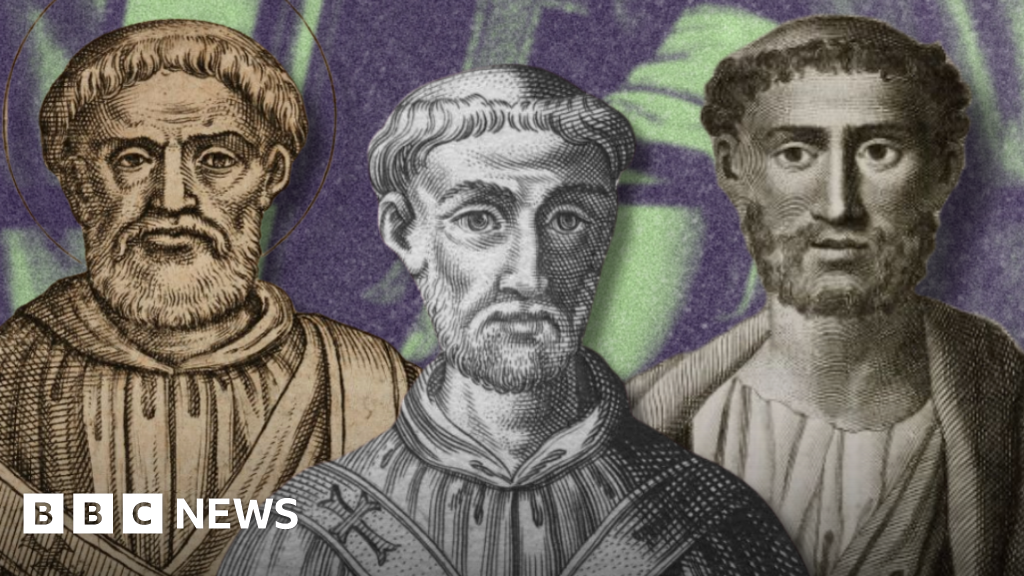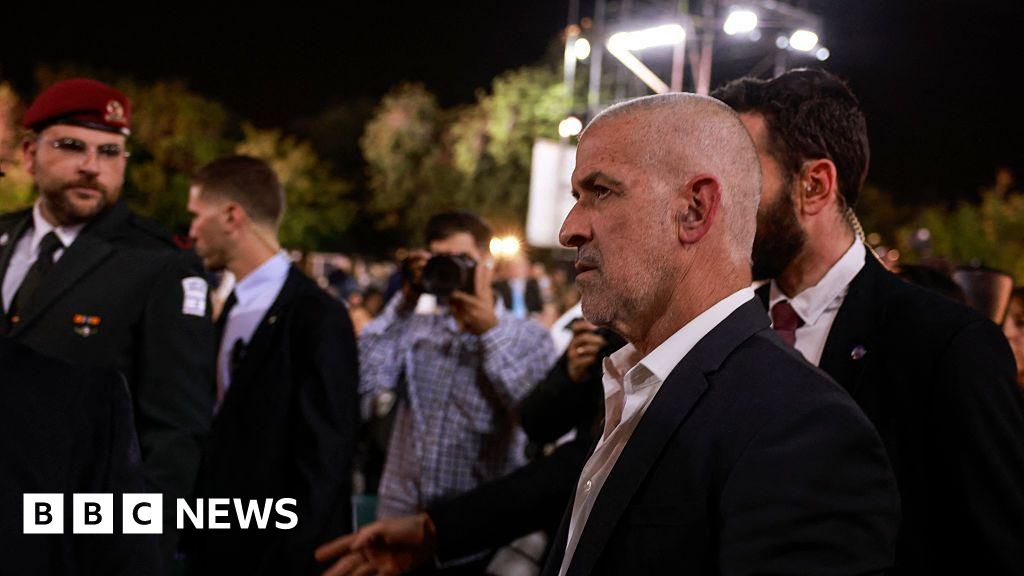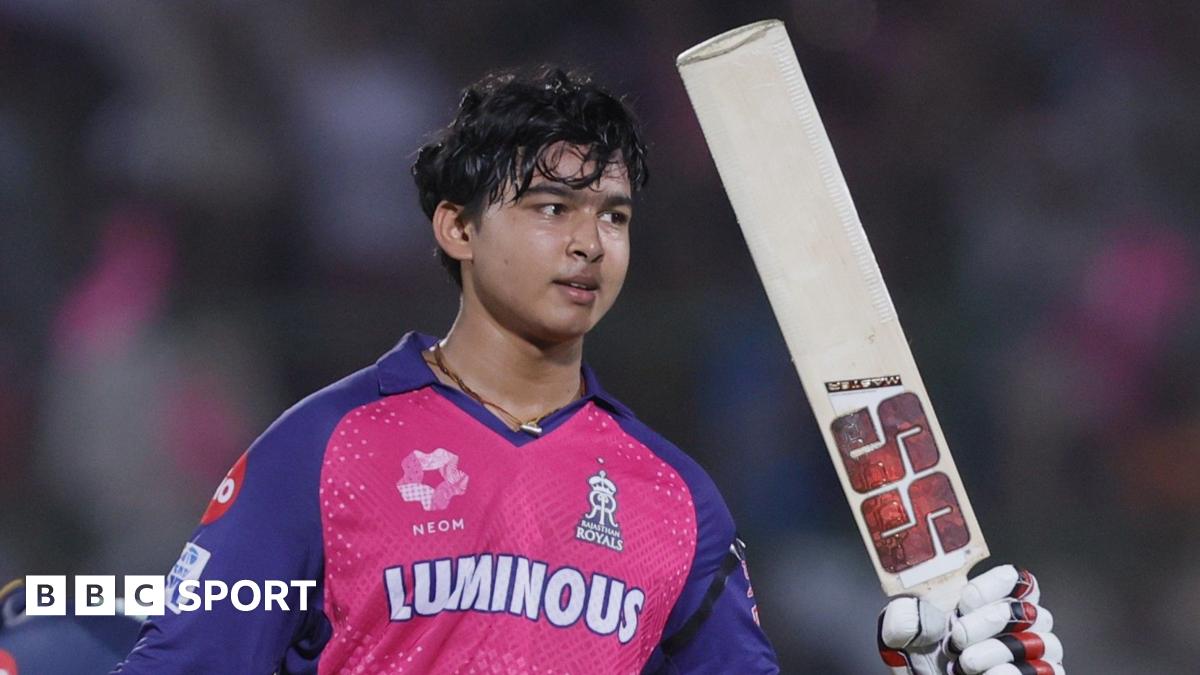ARTICLE AD BOX
Image source, Getty Images
Image caption,The late Papa Wemba was one of rumba's biggest stars
One of the most influential genres of African music and dance, Congolese rumba, now has Unesco-protected status.
It is the culmination of campaigning by two countries - the Democratic Republic of Congo and neighbouring Congo-Brazzaville.
They both occupy what was once the ancient kingdom of Kongo - where the sinuous dance originated according to the two nations' joint application.
The word "rumba" itself comes from the Kikongo word for navel, "Nkumba".
Despite its African origins, rumba in the minds of many people outside the continent has become more closely associated with Latin dance. Indeed, Cuban rumba was granted Unesco world heritage status back in 2016.
Rumba "has been part of our identity, descendants of Africa and all of us, throughout the ages," said DR Congo's Culture minister Catherine Kathungu Furaha earlier this year. "We want rumba to be recognised as ours. It is our identity.
"When our ancestors who were taken abroad wanted to remember their history, their origin, their memory, they danced the navel dance."
The style of rumba that emerged in Cuba in the 19th Century had its roots in the drumming of slaves from central Africa, which was then combined with melodies from Cuba's Spanish colonisers.
But the rhythm kept its distinctive character - so much so, that when vinyl recordings were exported to central Africa in the 20th Century it was immediately recognised as rumba.
Among the earliest heroes of Congolese rumba were Franco and TPOK Jazz, Tabu Ley Rochereau and Dr Nico.
Warning: Third party content may contain adverts
Later that decade saw the arrival of Zaïko Langa Langa and its breakout star Papa Wemba. Among his many proteges was Koffi Olomidé, who remains popular today along with younger stars such as Fally Ipupa.
There is some debate as to whether the latest crop of rumba musicians are totally true to the form.
"We never used drums, we used maracas - and we didn't thrash it out, it was gentle. That's rumba. When you play rumba and people are dancing, they're relaxed," Dawa Lusambu, the artistic director of TPOK Jazz, told the BBC's Emery Makumeno in Kinshasa.
"It's not like young people today, where you're dancing rumba and sweating. That's not rumba."
Not so, says musician Fred Kabeya: "Rumba is still rumba - we try to add more harmony and more chords, but with the same Congolese rumba at its base."
There is no doubt that rumba's influence is felt across the world, and its champions say it is only right that this be recognised by Unesco and benefit the next generation of musicians.
"We must not rest on our laurels," Prof André Yoka Lye Mudaba, of DR Congo's national body for the promotion of rumba, told the BBC. "This is an incentive for a more coherent and innovative policy on the professionalisation of the creative industries."

 3 years ago
39
3 years ago
39









 English (US) ·
English (US) ·